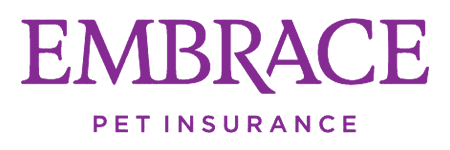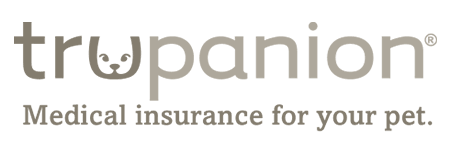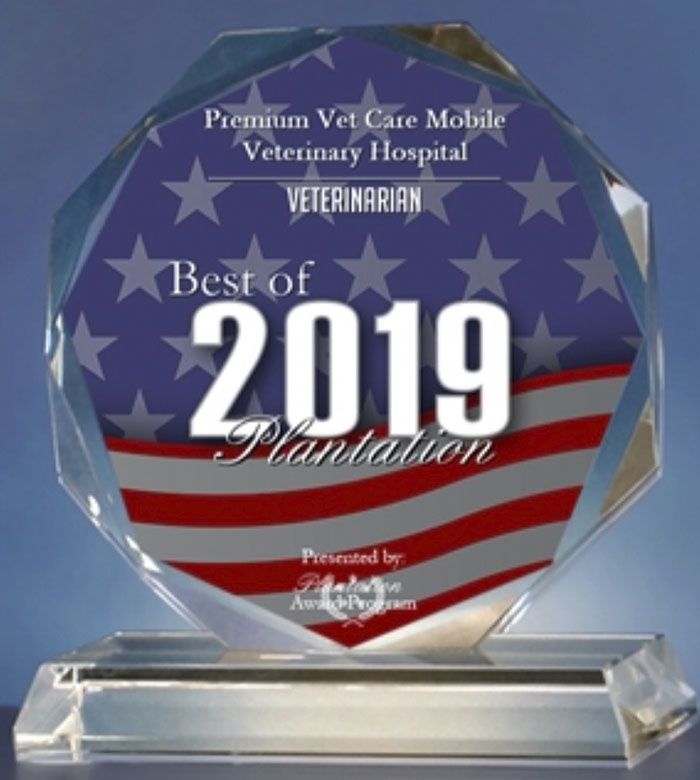Caring for Your Pet After Surgery
Surgery can be a stressful experience for both pets and their owners. Whether it’s a routine procedure like spaying or neutering, or a more complex surgery, proper aftercare is essential to ensure a smooth recovery. At Premium Vet Care Mobile Veterinary Hospital, we’re here to guide you through the process with expert tips and compassionate support to help your furry friend heal comfortably at home.
1. Preparing Your Home for Post-Surgery Care
Before your pet returns home, create a safe and comfortable recovery space. This area should be quiet, clean, and away from other pets or young children to minimize stress. Make sure the space includes:
- A cozy bed with soft blankets.
- Easy access to food and water.
- Non-slippery flooring to prevent falls.
Avoid stairs or high surfaces your pet might try to jump onto, as these could strain their healing body.
2. Managing Pain and Discomfort
Your veterinarian will likely prescribe pain medications or anti-inflammatory drugs to manage your pet’s discomfort. Follow these tips to ensure their pain is properly managed:
- Stick to the Schedule: Administer medications exactly as prescribed. Never skip doses or give human medications without consulting your vet.
- Watch for Side Effects: Monitor your pet for signs of nausea, lethargy, or unusual behavior, and report any concerns to your vet immediately.
- Provide Comfort: Gently pet and soothe your animal to help them feel secure.
3. Monitoring the Incision Site
The incision site is one of the most critical areas to monitor after surgery. Keep an eye out for:
- Swelling, Redness, or Discharge: These could be signs of infection.
- Excessive Licking or Biting: Use a recovery cone (e-collar) or an inflatable collar to prevent your pet from irritating the incision.
- Sutures or Staples: Ensure they remain intact, and follow your vet’s instructions on when they will be removed.
Cleaning the area with a vet-recommended antiseptic solution can help prevent infections, but avoid applying anything without veterinary approval.
4. Encouraging Rest and Restricting Activity
Rest is vital for recovery. Pets may feel more energetic as they start to heal, but too much activity too soon can delay recovery or cause complications. Follow these guidelines:
- Leash Walks Only: Keep walks short and controlled to prevent overexertion.
- Avoid Running and Jumping: Block access to stairs, furniture, or other places where your pet could strain their incision.
- Provide Mental Stimulation: Use puzzle feeders or safe toys to keep your pet engaged while restricting physical activity.
5. Proper Nutrition and Hydration
Post-surgery, your pet’s appetite may temporarily decrease. To encourage eating:
- Offer Small Meals: Start with smaller portions of their regular food or a bland diet (such as boiled chicken and rice) if recommended by your vet.
- Stay Hydrated: Ensure your pet has access to clean water at all times.
- Monitor Intake: If your pet refuses to eat or drink for more than 24 hours, contact your vet immediately.
6. Keeping a Close Eye on Behavior
Pets can’t tell us how they’re feeling, so it’s essential to observe their behavior for any signs of discomfort or complications:
- Lethargy or Weakness: This may indicate pain or infection.
- Shivering or Whining: These are common signs of discomfort.
- Difficulty Breathing: Seek immediate veterinary attention if your pet shows signs of respiratory distress.
Trust your instincts—if something feels off, it’s always better to contact your vet.
7. Attending Follow-Up Appointments
Follow-up appointments are crucial for your vet to monitor your pet’s progress and remove sutures or staples if necessary. During these visits, share any concerns or observations with your veterinarian. They can adjust the treatment plan as needed to ensure your pet heals properly.
8. The Role of Mobile Veterinary Care
One of the many benefits of using Premium Vet Care Mobile Veterinary Hospital is that we can provide post-surgery follow-ups in the comfort of your home. This reduces stress for your pet and eliminates the need for travel during a delicate recovery period. Our team can also offer personalized advice and support to address any concerns you may have.
Conclusion
Caring for your pet after surgery requires patience, attention, and a lot of love. By following these steps, you can help your furry friend recover smoothly and get back to their happy, healthy self. Remember, your veterinarian is your best resource, so don’t hesitate to reach out with questions or concerns.
If your pet needs surgery or post-operative care, Premium Vet Care Mobile Veterinary Hospital is here to provide compassionate, professional care right at your doorstep. Contact us today to learn more or schedule an appointment.
By accepting you will be accessing a service provided by a third-party external to https://premiumvetcare.com/









